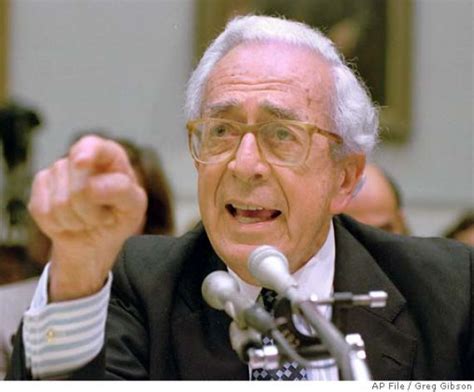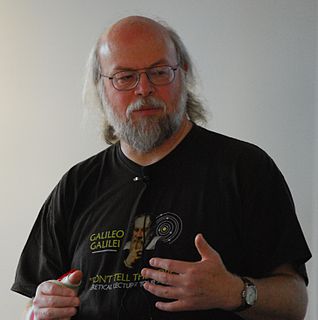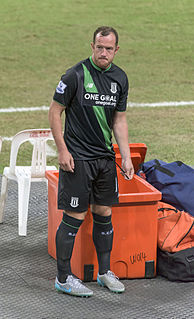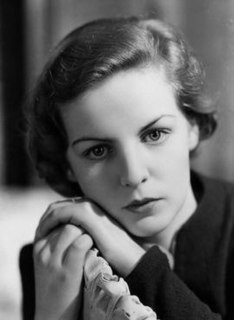A Quote by Denise Mina
If you went for a job interview in a Glasgow law firm, they used to ask you what school you went to. And that was a way of finding out what religion you were.
Related Quotes
The crazy thing is, I sent out 200 letters and I got one job interview, and I actually got that job, which was working as a development assistant at Joel Silver's company. I always say that to people when they ask "What do I do?" and I'm like, "Look, I didn't get ten responses, and I didn't get five interviews, but I got one interview, and I got the job," and that was all I needed.
If in fact the rates go up because the president refuses to budge then he will have to answer for that next year when our economy is not growing. When, unfortunately, people lose their jobs who work at a dental clinic as a medical billing specialist, or the paralegal at a law firm loses their job, or the courier at the law firm loses a job, these are not millionaires and billionaires.
After I got out of law school and worked in a big law firm, I thought, there are so many kids like me, in my neighborhood, that could be here if they had more support from their families, better financial aid. But the gap is so wide once you miss that opportunity. So I was always interested in figuring out, How do you bridge that? I felt, as a lawyer, when I was mentoring and working with kids, that I gained a level of groundedness that I just couldn't get sitting on the forty-seventh floor of a fancy firm.
Religion is a valid inquiry; whether society accepts it or rejects it, it doesn't matter. Man is a religious animal and is going to remain that way. Religion is something natural. To ask from where you come is relevant; to ask, 'Who am I?' is going to remain relevant always. But the modern mind has created a climate of atheism so you cannot ask such questions. If you ask, people laugh. If you talk about such things, people feel bored If you start inquiring in these ways, people think you are slipping out of your sanity. Religion is no longer a welcome inquiry.
This uses a lens system, which I have used for years in various different ways, but I've never used it in the context of an interview. This is the very first time that I've done that. It's a lens called The Revolution, so it allowed me to interview Elsa [Dorfman] and actually operate the camera. Well one of the cameras, because there were four cameras there.
I enjoyed [playing lawyer in From The Hip] as an ode to my dad. My dad went to Harvard and Harvard Law School, so he had some friends that practiced in Boston. So, there was a big law firm that he hooked me up with the senior partner, then the senior partner hooked me up with a young lawyer who worked in the firm. And the young lawyer was married to a public defender. So I would hang out with them, and I could see both sides of it, those that are corporate attorneys and those that help the poor and the disenfranchised.






































